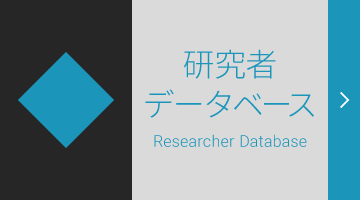| Journal Title /掲載ジャーナル名 |
Journal of Peace Research |
| Publication Year and Month /掲載年月 |
August, 2022 |
| Paper Title /論文タイトル |
Susceptibility to Threatening Information and Attitudes Toward Refugee Resettlement:The Case of Japan |
| DOI /論文DOI |
10.1177/00223433221079455 |
| Author of Waseda University /本学の著者 |
ONO, Yoshikuni(Professor, Faculty of Political Science and Economics, School of Political Science and Economics):Last Author |
| Related Websites /関連Web |
– |
| Abstract /抄録 |
A growing number of news articles and politicians’ statements treat refugees as potential terrorists. However, existing research has yet to thoroughly examine how threatening information about refugees affects natives’ attitudes toward refugee resettlement. To address this issue, we conducted a survey experiment in Japan, where the number of refugees accepted each year is extremely small, despite the rapid increase in news about refugees. Our results show that opposition to refugee resettlement is associated with its proximity. Specifically, we find two types of NIMBY (not-in-my-backyard) attitudes – within-country and between-country NIMBY-ism – toward refugee resettlement among Japanese people. Additionally, respondents become more strongly opposed to refugee resettlement when exposed to threatening frames that depict refugees as harmful, regardless of the proximity to threats and potential resettlement. These findings add nuance to the scholarly literature on threat perceptions and public attitudes in intergroup relations. First, our findings suggest that NIMBY attitudes toward refugee resettlement (shown in Ferwerda, Flynn & Horiuchi, 2017) are not a US-only phenomenon. Second, we provide empirical evidence to support the theory that subjectively perceived threats affect people’s hostility toward out-group members, even in the absence of actual threats. Finally, we contribute to the recent debate on the effects of proximity to threats. Our results support the argument that the psychological effects of terrorism on negative attitudes toward immigrants and refugees are more pronounced in homogeneous societies, irrespective of proximity to the threat. |






